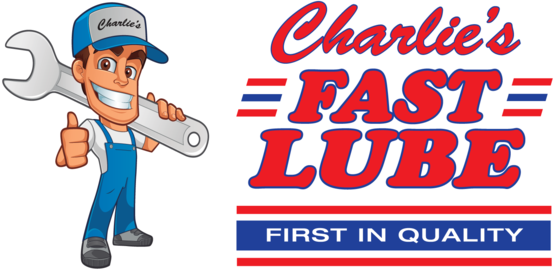When Metal Meets Metal (Wheel Bearings)
April 16, 2023
What part of your vehicle has little metal balls inside that are lubricated and allow you to cruise on down the road? They are wheel bearings, and automotive designers might argue they are human beings' second greatest invention of all time (the first is, of course, the wheel!).
You have a wheel bearing at each wheel. They allow your wheels to turn freely, minimizing friction that would ordinarily slow you down when metal meets metal. When one of your wheel bearings starts to go bad, it lets you know. A wheel bearing does its work quietly when it's in good health but starts getting noisy when it isn't. People describe the noise differently. Sometimes it sounds like road noise, a pulsating, rhythmic, sound. That pulse speeds up when your vehicle speeds up.
Here's what's happening when you hear that sound. As mentioned, the bearing has these little metal balls inside a ring. They have a lubricant inside to reduce friction between the balls; modern wheel bearings are sealed and they're intended to do their job without any maintenance.
Wheel bearings take a beating; you hit some rough potholes or go over some uneven railroad tracks. Sometimes water can get into a bearing and reduce the ability of the lubricant to do its job. Time starts to take its toll, too. When the lubricant isn't reducing friction like it should, the bearing can heat up. One of those little balls can start shedding pieces of metal and soon those shards start grinding up the other balls. Friction takes over and soon your wheel isn't turning smoothly. That's what's causing the sound. If a wheel bearing is not fixed, it could eventually seize up completely, and you can be stranded.
It's a lot easier if you heed the early warning signals, that pulsating noise. Now, sometimes a similar noise can be caused by a bad tire, but in either case, it's important to have it checked out. Our Charlie's Fast Lube Sikeston technicians will be able to tell you fairly quickly what the problem is and offer a solution.
Wheel bearings generally don't fail often and usually last from 85,000-100,000 miles/140,000km to 160,000km. But consider them a long-term maintenance item that, once fixed, will keep you heading smoothly to the next destination.
Charlie's Fast Lube Sikeston
2017 E. Malone
Sikeston, Missouri 63801
573-472-1139
http://www.charliesfastlubesikeston.com
Need Service?
More articles from Charlie's Fast Lube Sikeston

Emergency! (Vehicle Emergency items)
February 15, 2026
"I never expected it could happen to me." Countless drivers have said that after they've had an emergency turn their lives upside down. So before that happens to you, let's thinking about planning ahead for an emergency with a few things you should keep in your vehicle. Road flares. If you've ev... More

A Clean Start (Battery Cleaning)
February 8, 2026
Your vehicle is loaded with electrical devices. Computerized components are everywhere, so good electrical connections are important. Those begin with your vehicle's battery, so it's important that its connections are in top shape. Ever had a flashlight that didn't work, took out the old batteri... More

T for Transmission, T for Trouble (Automatic Transmission Trouble Signs)
February 1, 2026
One of the hardest working components of your vehicle is its transmission, shifting gears up and down when you need it to. The transmission is vital to your vehicle driving properly, and if you start to see signs of problems in it, its best to have them fixed earlier rather than later. (Since ne... More









